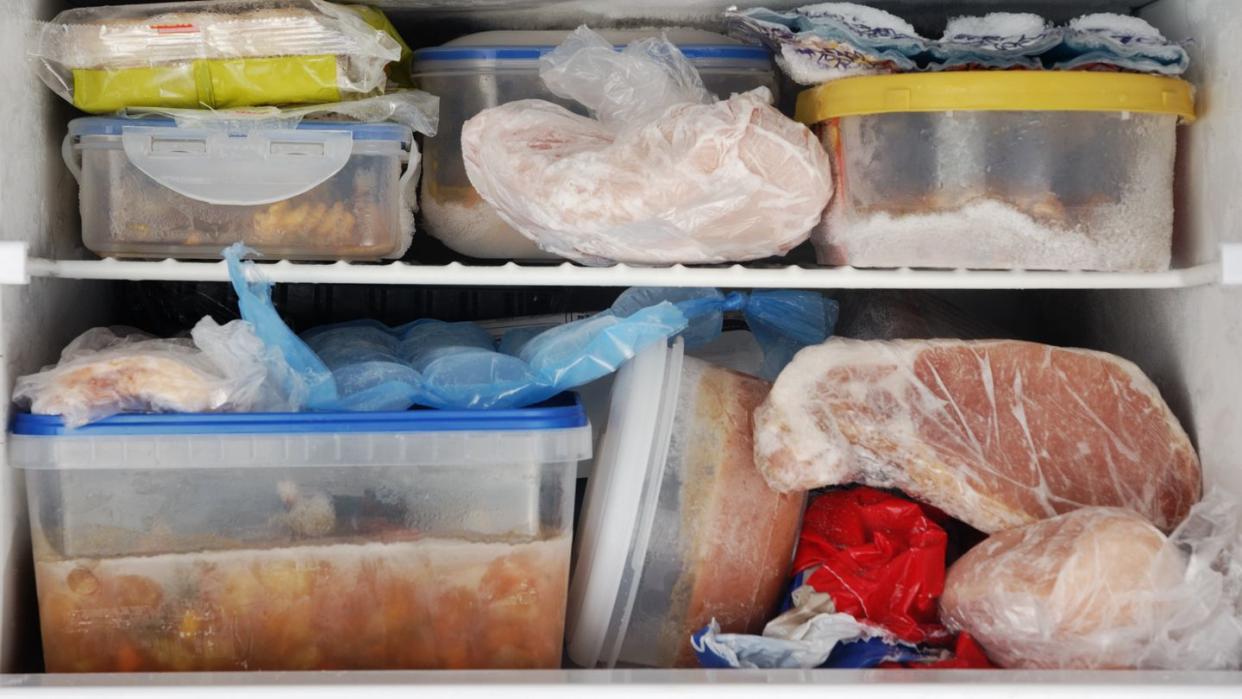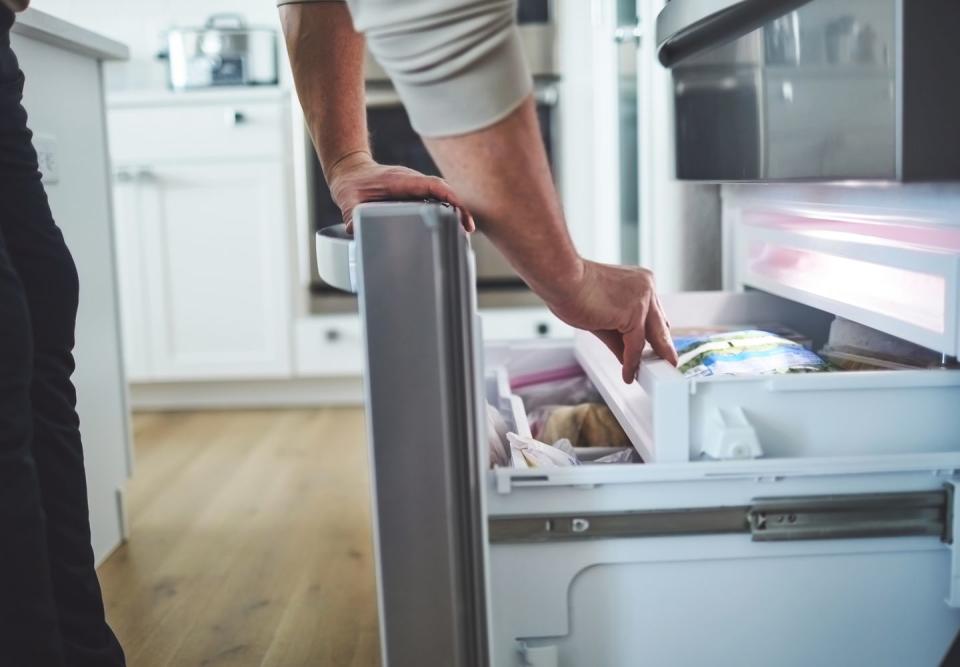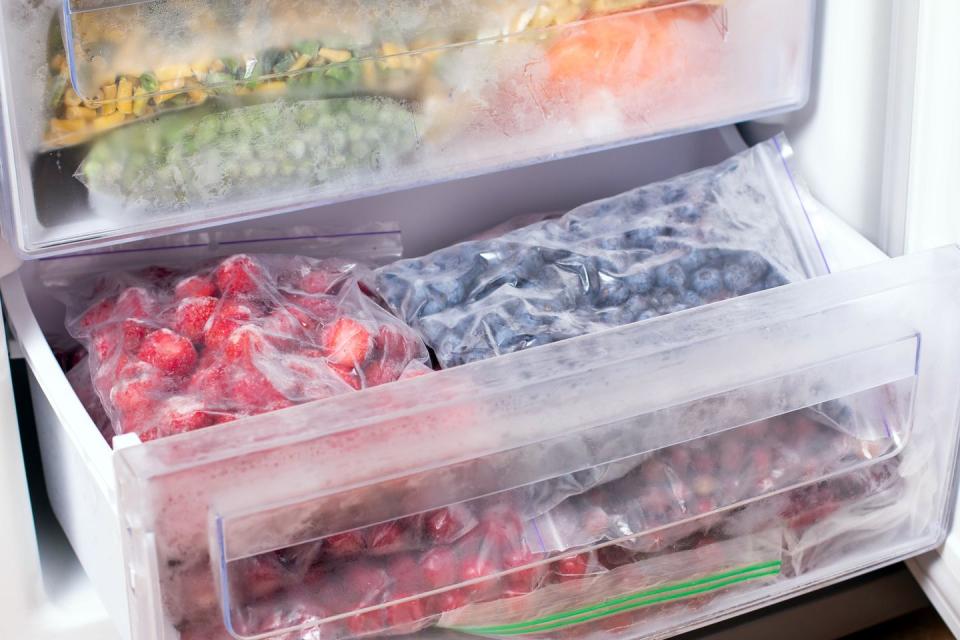PSA: You Should Never Refreeze These Foods

One of the best technological advances ever was the invention of the freezer. Freezers give us the ability to extend the lifespan of our leftovers, keep a pint of ice cream on hand at all times, and most importantly, stock up on Trader Joe’s frozen food.
But sometimes life happens. You defrost some chicken in the fridge and forget about it. Your freezer malfunctions, and everything ends up melting. Wasting perfectly good food is never ideal, but does that mean we should be refreezing food after it’s already been thawed?
The answer can get tricky. Improper technique can sacrifice the quality of your ingredients or worse, compromise your safety. So next time you’re planning on popping something back in the freezer, follow this guide.
Foods You Should Never Refreeze

Freezing can prevent harmful bacteria from proliferating in fresh food, but it also causes any existing bacteria to go dormant in food that's past its prime. The way you store your food certainly can affect the rate at which it goes bad, but certain ingredients are inherently more susceptible to bacteria than others. Here are some high-risk foods that aren't worth popping back in the freezer.
Proteins That Have Been Thawed Outside Of The Fridge
There are plenty of ways to defrost meat, poultry, and seafood, but the safest method is allowing your food to gradually thaw in the refrigerator. It takes the most time but minimizes the amount of bacterial growth—which makes it the only truly safe way to refreeze raw proteins. On the other hand, proteins that have been defrosted on the counter, in the microwave, or over running water are not safe to freeze again.
Fruit Juice
The high sugar content of fruit juice means that the fermentation process starts quickly, sometimes in a matter of days. So if you've thawed fruit juice concentrate, we suggest using it soon after defrosting or throwing it away.
Ice Cream
While the other foods listed above shouldn't be refrozen for safety reasons, ice cream is one that shouldn't be refrozen because of its quality. We owe ice cream's smooth, indulgent texture to the churning process, which incorporates air bubbles into the dairy as it freezes. Throwing melted ice cream back into the freezer will just leave you with a milky block of ice. But don't despair, you can make good use of melted ice cream by repurposing it in a batch of rice pudding.
Foods You Should Refreeze With Caution

Delicate Proteins
Proteins that have been thawed in the fridge are technically safe to refreeze, but that doesn't necessarily mean that you should. The freezing process causes the water in our food to expand, which breaks cell walls and sacrifices the texture and quality. When this happens to certain foods with delicate structures, like fish, it can make the eating experience pretty unappetizing.
Experts recommends using fish and other delicate foods in cooking applications that hide this texture—like in soups, for instance. But if you're planning on using protein as the centerpiece of a dish, we'd steer clear from freezing it more than once.
Food Thawed For Several Days
Freezers prevent bacteria from growing, but they can't turn back time. That means your nearly expired food isn't going to get any fresher after spending some time on ice. Perishable foods, whether raw or cooked, all have their own windows of time before they're no longer considered safe to eat.
The U.S. Department of Health and Human Services has this handy chart to help determine the lifespan of your food. There's also some wiggle room depending on individual circumstances, but as a general rule of thumb: if your food has been thawed for three days, it's time to cook it, eat it, or toss it.
You Might Also Like

